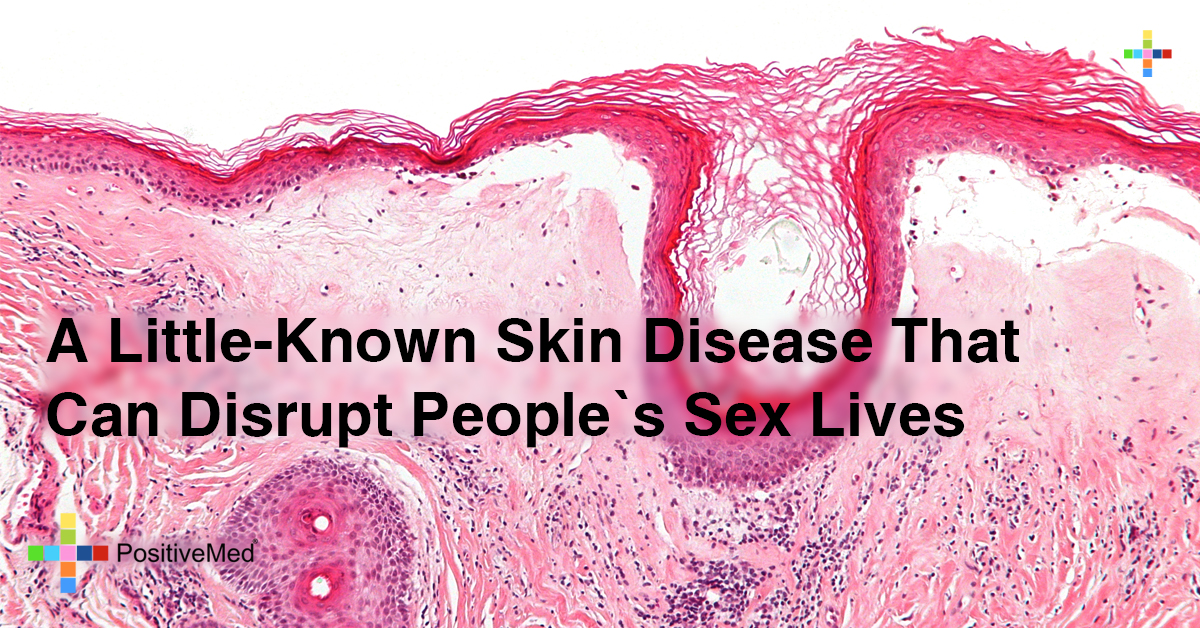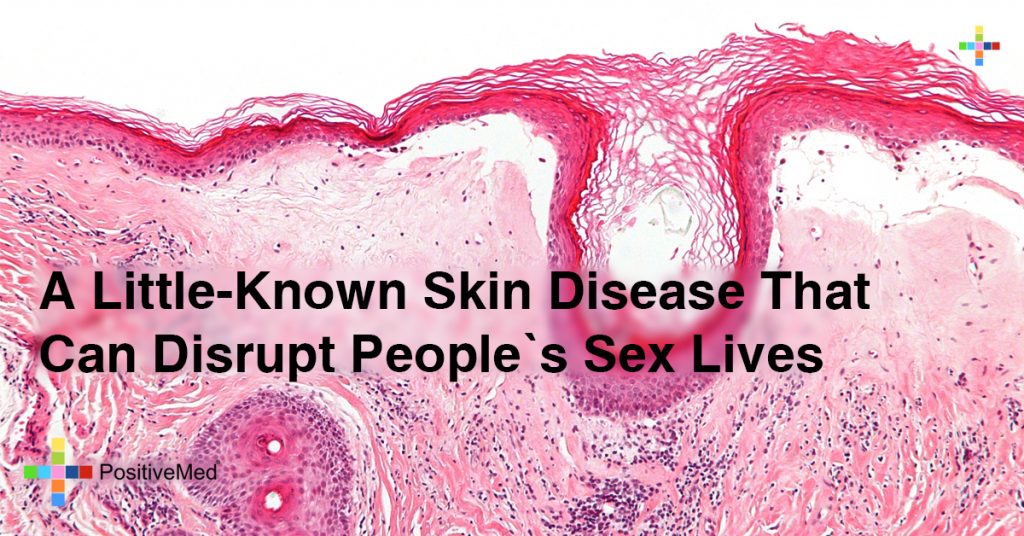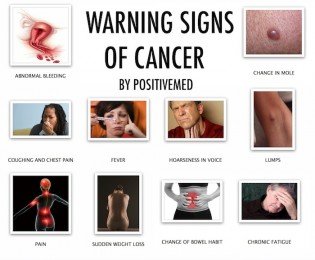Lichen sclerosis is an inflammatory skin disease that usually manifests itself as a white crust on your genital tissues. If misdiagnosed or undiagnosed it can screw the sex lives of those afflicted. It mainly forms on a woman’s vulva or less frequently on the man’s penis.

It causes intense itching and pain. Treating it is often difficult as even physicians can sometimes mistake this skin disease for a common yeast infection and prescribe the incorrect treatment. When women beyond menopause report that vaginal pain is making coitus impossible, physicians sometimes think it is little more than common age-related changes and don’t notice the presence of this disease.
Doctor Anuja Vyas, a gynecologist at the respected Baylor College of Medicine confirmed that sometimes gynecologists don’t “even look at the vulva” which is a frequently infected area. In The Journal of Nurse Practitioners, nurse practitioners, Laura Johnson, and Nicholas Wedel noted that if vulvar lichen sclerosis is left untreated it “can cause significant physical, emotional and sexual discomfort.”
Impact on sex lives
While it is not life-threatening, it can impact sex lives. Specifically, it can lead to irreversible devastation of your genital tissues. While it’s not transmitted sexually or contagious, as this goes to press there is no definitive cure or even established cause.
The condition rarely improves without treatment. It may actually be autoimmune in nature. More specifically, your body mistakes the mucous membranes and skin for “foreign tissue” and attacks it.
While lichen sclerosis can happen at any age, it generally impacts pre-pubescent girls and post-menopausal women. This could mean that a low level of one’s sex hormones could be involved it its start. There is also probably some type of genetic component.
Vyas reports that as many as one in 30 postmenopausal women and one in 300 of all women may be afflicted throughout a lifetime. It can alter the structure of a woman’s genital tissues. This will cause a narrowing the opening to both the urinary tract and the vagina.
The symptoms of this uncommon skin disease can include discomfort, intense itching, smooth white patches on one’s skin, tearing off one’s skin, and extreme pain. In some severe instances, there may also be ulcerated sores, blisters, and bleeding. Fortunately, there are treatment options.
Treatment
At present, the most effective treatment is Temovate. Temovate is a powerful corticosteroid ointment also known as clobetasol. Initially, it’s applied in small quantities several times daily.
It’s then applied less frequently as the various symptoms improve. Vyas states that even advanced conditions of this disease will improve “if treated properly and treatment is continued indefinitely.” The risk of cancer is low but regular exams for malignancies are recommended.
In conclusion, Vyas also addressed the issue of sexual discomfort. The doctor recommends the use of an oil- or water-based sexual lubricant, or food-grade oils such as avocado, coconut, grapeseed or olive oil. If scarring limits sexual penetration, a dilator can be employed to carefully stretch the vaginal tissues in order to make coitus more comfortable.






